

James Wong
2025 Mazda CX-5 G25 Touring AWD review
5 Days Ago

Senior Contributor
BMW will produce a small number of hydrogen fuel-cell X5s starting in 2022, and says the technology ought to complement battery-electric vehicles in a zero-emission future.
It will reveal the most up-to-date iX5 development car at next month’s IAA Mobility 2021 in Munich, where it will also perform promotional shuttling duties.
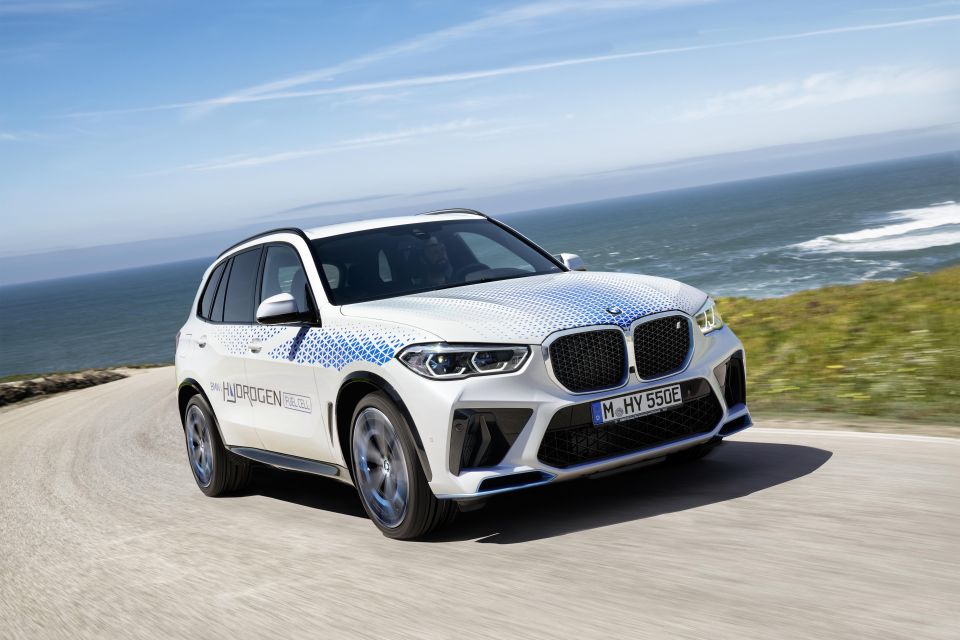
“With the right conditions, hydrogen fuel-cell technology has the potential to become a further pillar in the BMW Group’s drivetrain portfolio for local CO2-free mobility,” the company announced this week.
It claims certain customers will be better suited by fuel-cell EVs – provided the hydrogen is produced renewably (via electrolysis), and there are refuelling stations available.
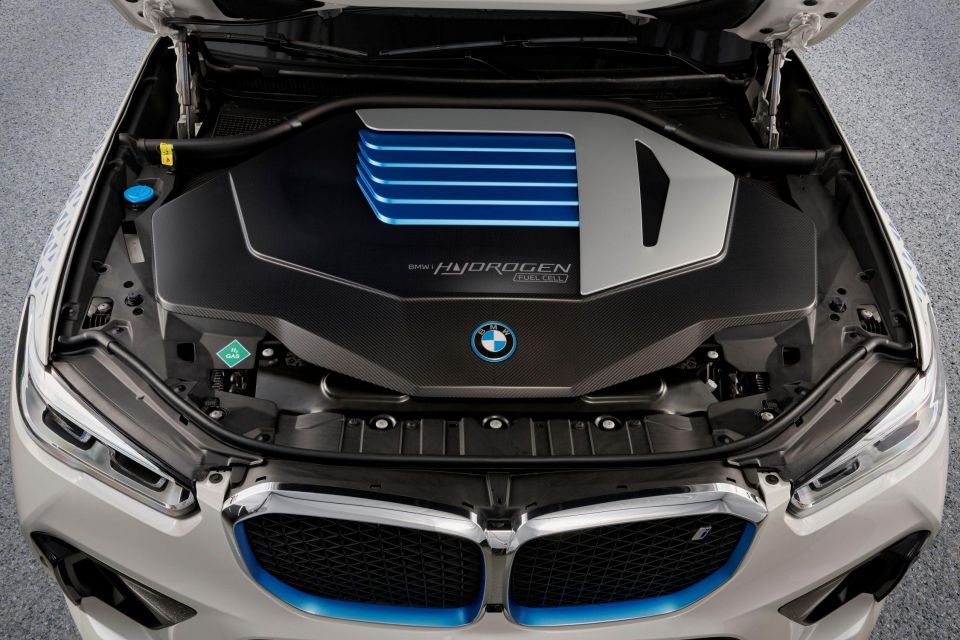
“The BMW i brand could in the future also offer vehicles with hydrogen fuel cell drivetrains, in addition to battery-electric models such as the BMW i3, BMW iX3, BMW iX and BMW i4,” it said.
“This technology can complement the BMW Group’s electrified drivetrain portfolio – and, in particular, meet the needs of customers who do not have their own access to electric charging infrastructure, frequently drive long distances or desire a high degree of flexibility.”
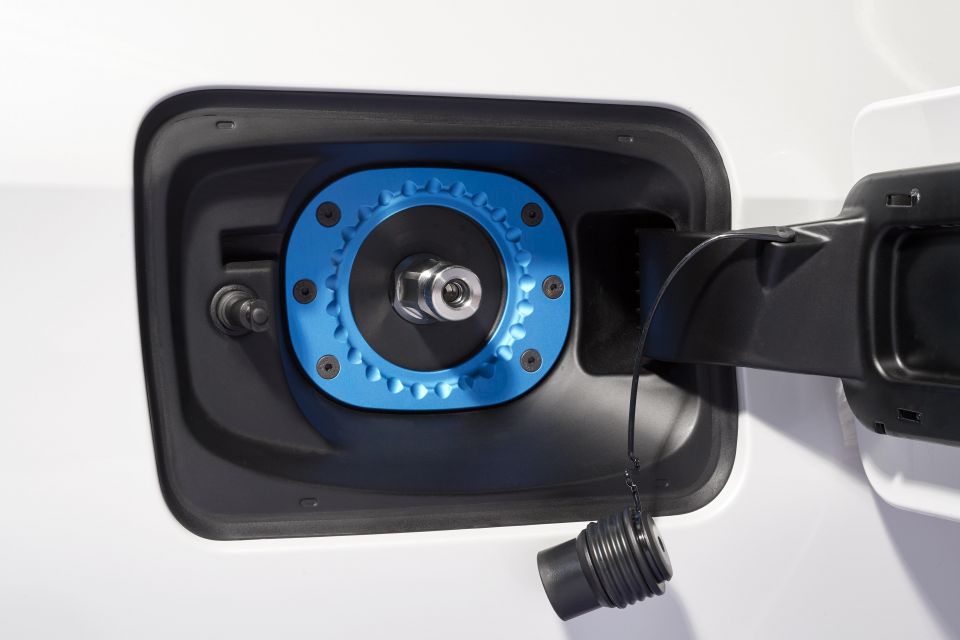
Fuel-cell EVs combine stored hydrogen with atmospheric oxygen in a stack of membranes. Electricity is drawn from the chemical reaction to drive the motor. The byproduct is water rather than carbon dioxide.
The BMW iX5’s electric drive motor additionally draws power from coasting overrun and regenerative braking charge stored in a battery. Maximum power is 275kW.
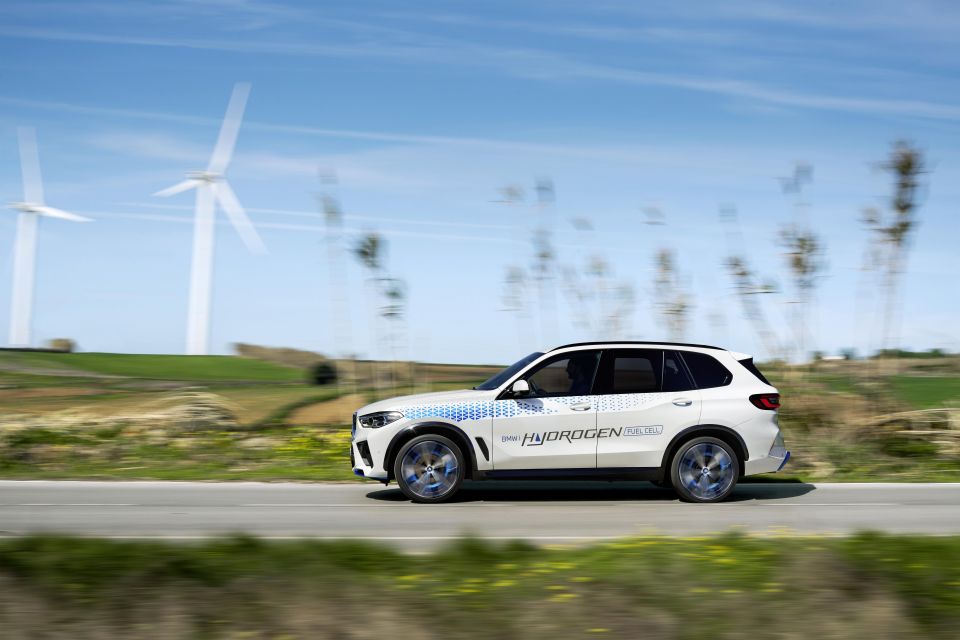
Two carbon-fibre reinforced plastic tanks store 6kg of hydrogen at 700 bar of pressure, and can be refilled from a hydrogen re-filler in a few minutes.
“With its high-performance fuel cell and optimised power battery, the BMW iX5 Hydrogen’s drive system is unique in the world,” claims head of BMW Group Hydrogen Fuel Cell Technology and Vehicle Projects Juergen Guldner.
By committing to hydrogen fuel-cell (FCEV) series development – series iX5s will be used for demonstration and testing – BMW joins the likes of Toyota, Hyundai, and Land Rover as backers of the potential EV alternative.
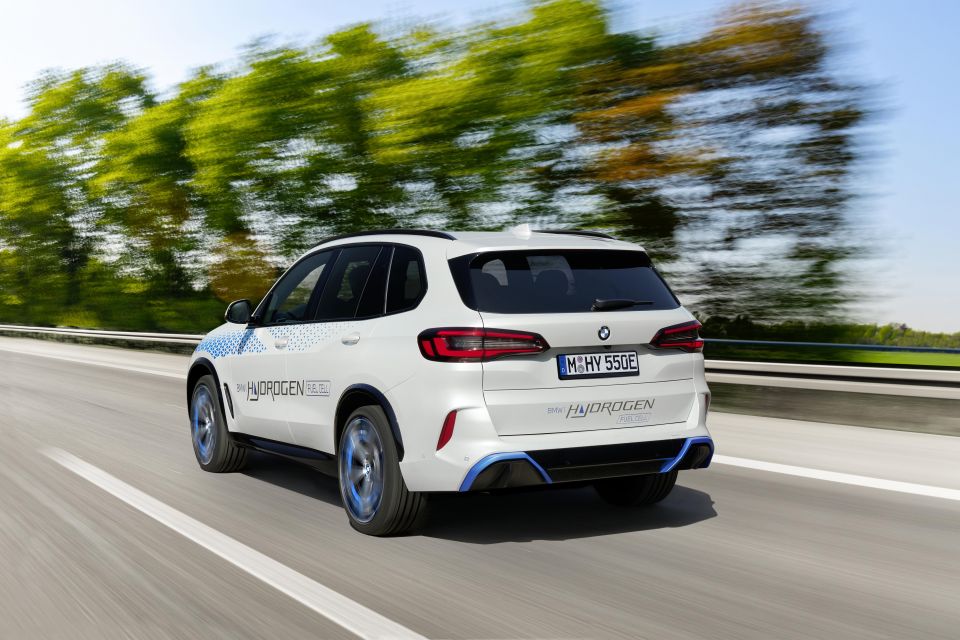
In contrast BMW rival Mercedes-Benz has moved away from hydrogen in all but its heavy commercials, and the respective heads of Volkswagen and Tesla, Herbert Diess and Elon Musk, have labelled FCEVs a distraction.
The upsides of FCEVs are their non-reliance on heavy batteries and rapid refill times, in a process similar to filling up at a servo today. The downsides are cost and complexity, and lack of filling infrastructure, which is expensive.
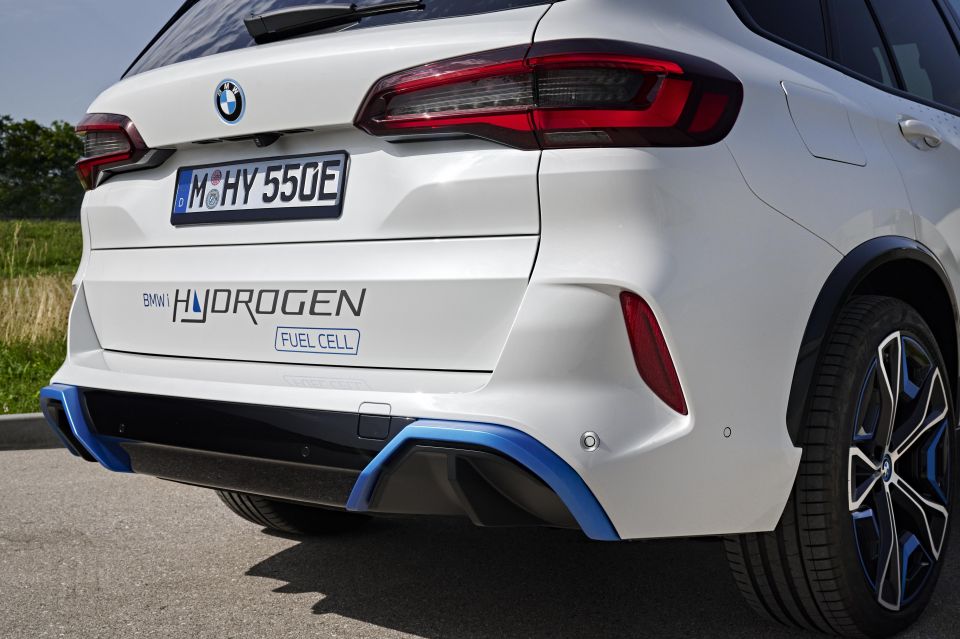
The viability is also contingent on using green hydrogen – usually made with renewably-powered electrolysis – at competitive cost. Much of the world’s useable hydrogen today is isolated using fossil fuels.
As BMW puts it, “In the transport sector, hydrogen can become a further technology option, alongside battery-electric mobility, for shaping sustainable individual mobility in the long term”.
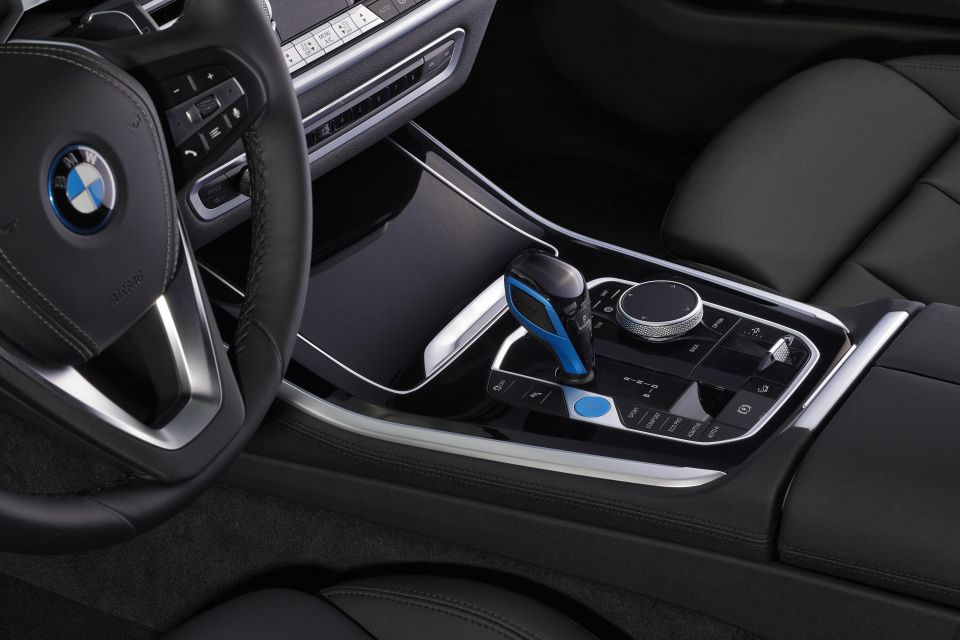
“However, this will depend on competitive production of sufficient quantities of hydrogen from green power, as well as expansion of the corresponding filling infrastructure, which is already being intensively pursued in many countries.”
Catch up on hydrogen technology on our FCEV category page.
MORE: Everything BMW X5
Where expert car reviews meet expert car buying – CarExpert gives you trusted advice, personalised service and real savings on your next new car.


James Wong
5 Days Ago


Max Davies
4 Days Ago
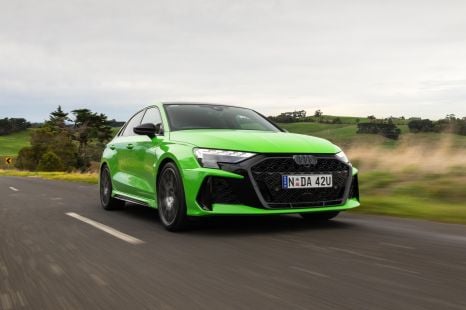

Josh Nevett
3 Days Ago
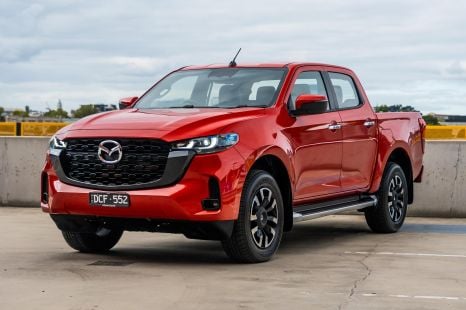

Josh Nevett
2 Days Ago
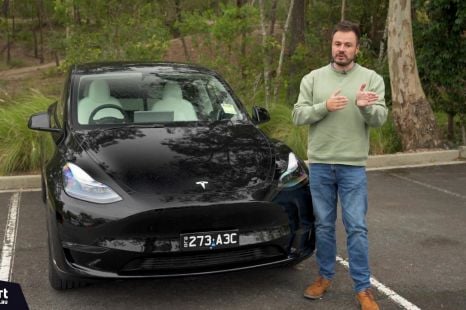

Paul Maric
1 Day Ago
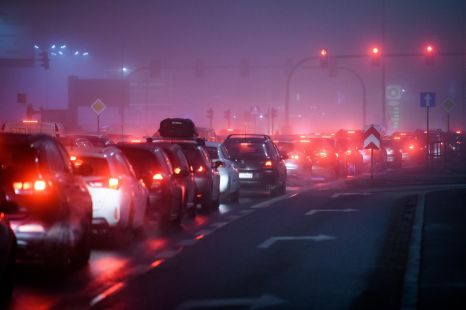

Damion Smy
22 Hours Ago